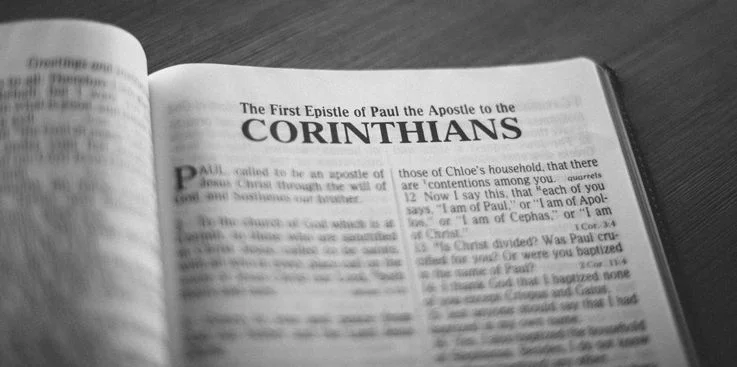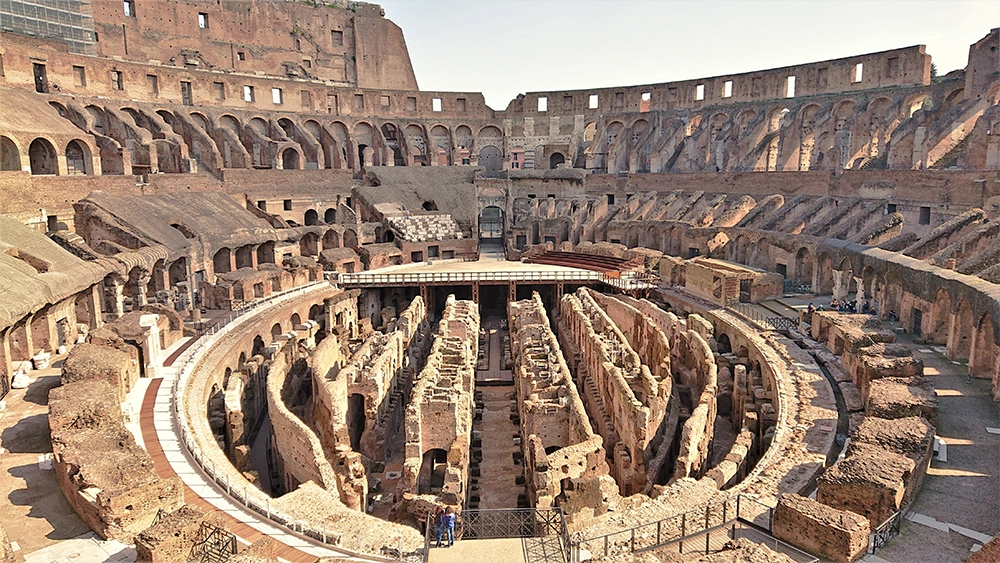“Am I not an apostle? Am I not free? Have I not seen
Jesus Christ our Lord? Are you not my work in the Lord?”
(1 Corinthians 9:1).
Paul defends his freedom, but renounces it for the good of others: he is filled with the Spirit of Christ, and therefore is willing to strive for the advancement of the interests of the kingdom of God.
“The Lord has commanded that those who preach the gospel
should live from the gospel”
(1 Cor. 9:14).
Just as the soldier receives his livelihood from those who emply him, it is right that the minister of the gospel, who lives for the church, be supported financially by the church. Just as the man who plants a vineyard does not want his work to be ini vain, and longs to eat from the fruit of his labor, in the same way, it is right that the minister who dedicates his life to the vineyard, which is God’s church, be supported by it. However, despite all his arguments for supporting the ministry, Paul himself decided to be self-supported.
Finally, Paul compares the Christian life to a race (1 Cor. 9:23-25). Everyone competing in Greek races tried their best to win the prize. The brought into play all their skill and used the vigor acquired through hard, intensive training. None of them was indifferent, apathetic, or careless.
The crown of eternal life is offered to all, but only those who go through the training will obtain the prize. This means that at all times the Christian must be guided in word, thought, and action by the high standards of the Bible, and hence will not be controlled by the desires and inclinations of their own heart.
Let us ask ourselves at every step of the way: What would Jesus do? Is this attitude, this plan, this pastime, this music, or this friendship going to increase or decrease my spiritual strenght?
Anything that somehow interferes with spiritual progress
must be rejected; otherwise, victory cannot be won.
Since 1992, there has been an international obstacle course competition held in Finland called “wife-carrying.” The male must carry the female on his back through a course that includes several obstacles. The couple who arrives first, without having the woman drop at any moment, wins. A Lithuanian couple took the 2019 prize. The team completed the 253.5-meter course in one minute and six seconds.
In our race in life we face obstacles, and many are very difficult to overcome.
And we, too, have to take others with us, because no one
will get to heaven alone. In this race, everyone can get first place
and win an equal prize. Paul himself, who was certain of his crown,
said that there was not only a crown for him,
but also for all who love the coming of the Lord.
May the Lord bless you today…










